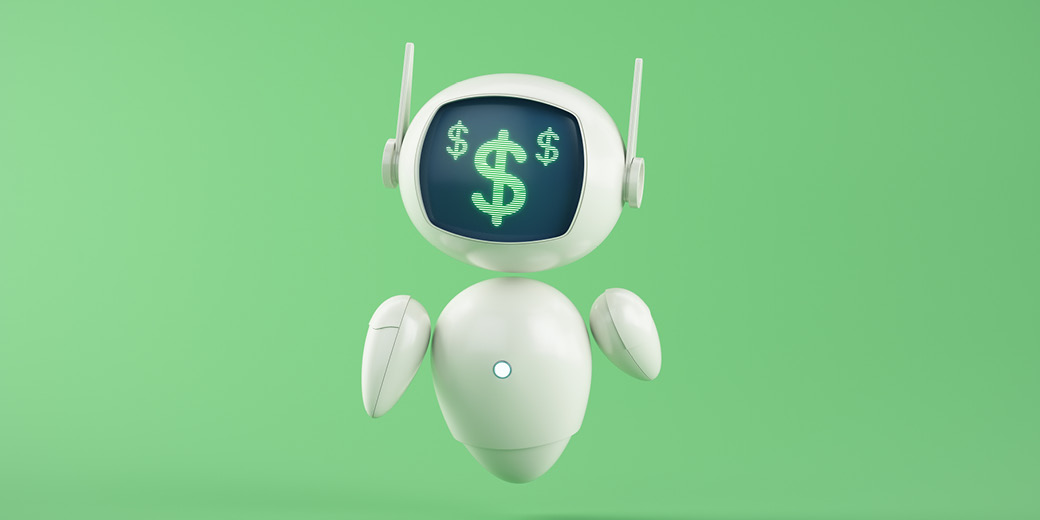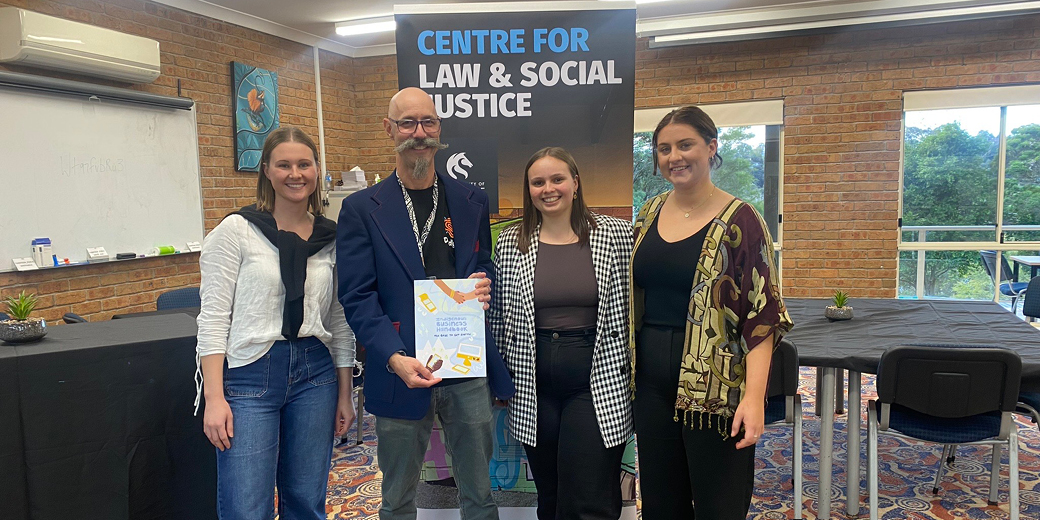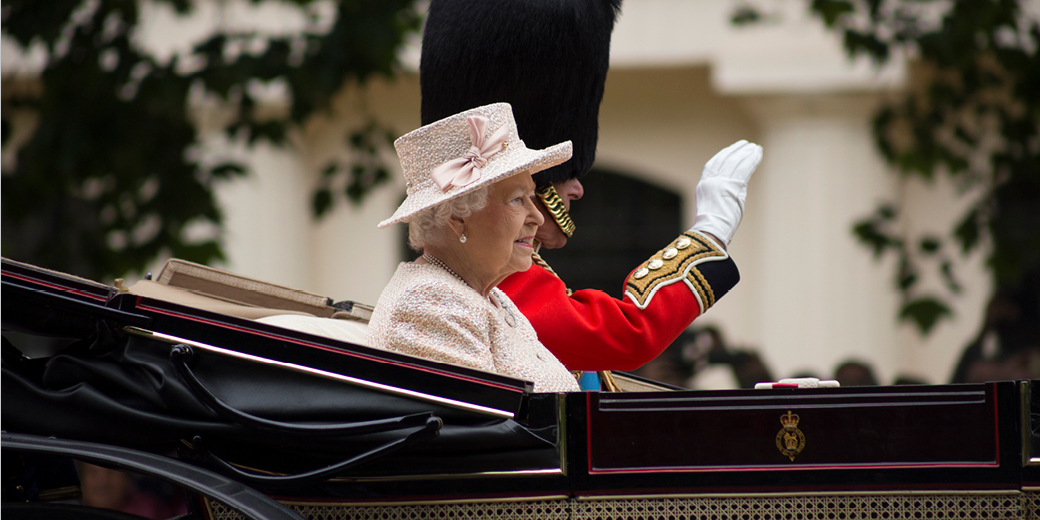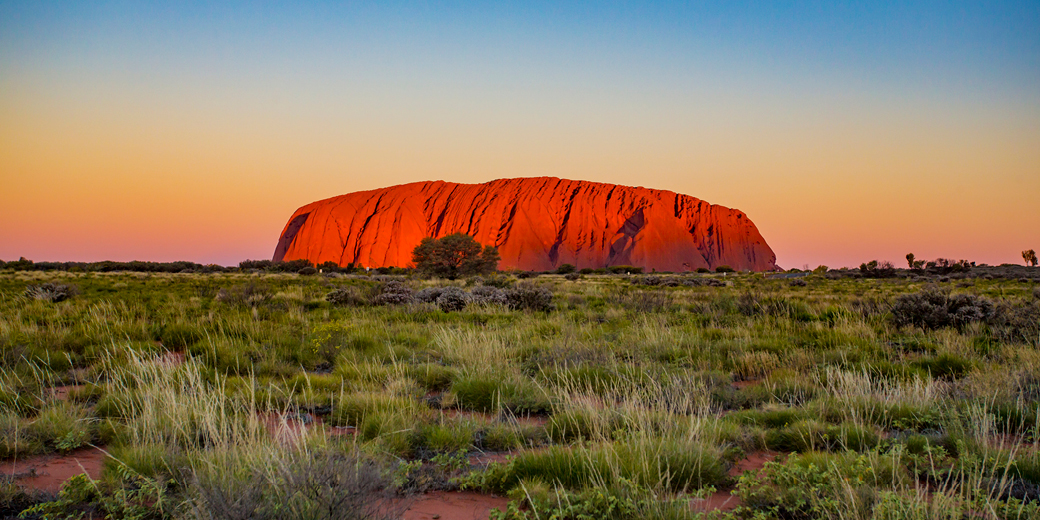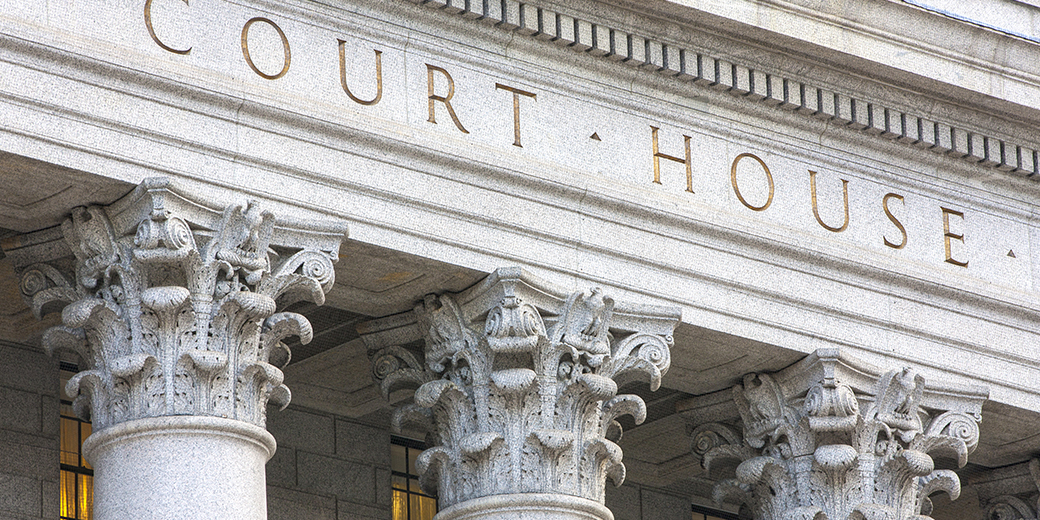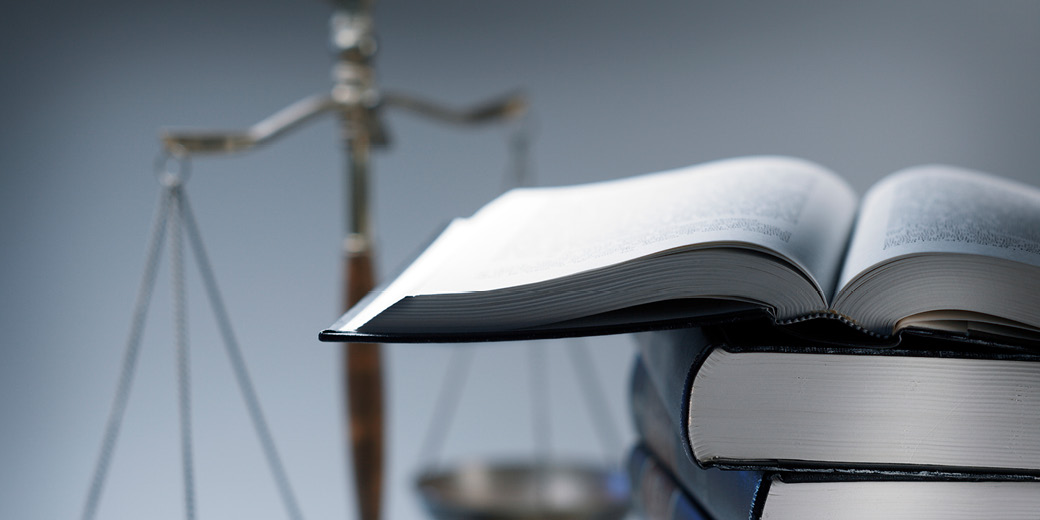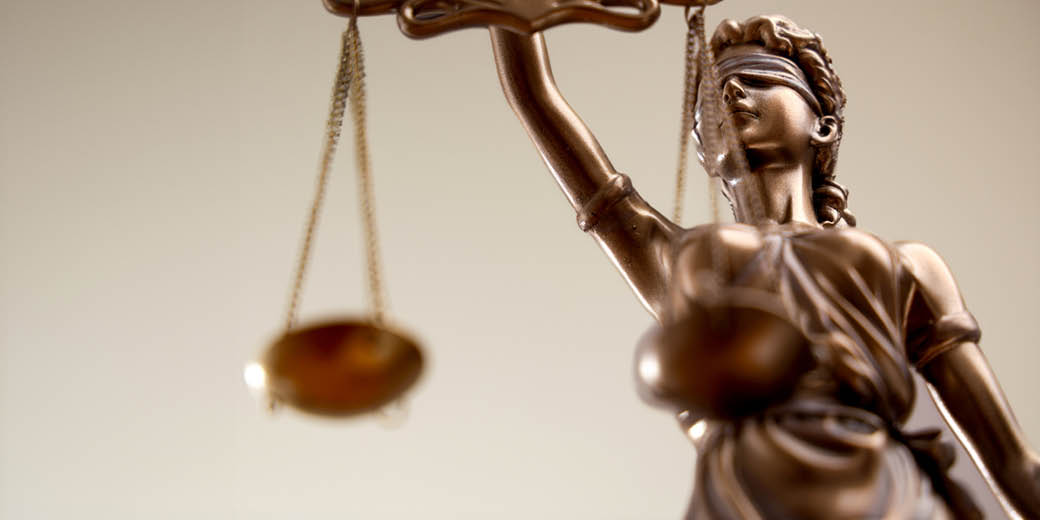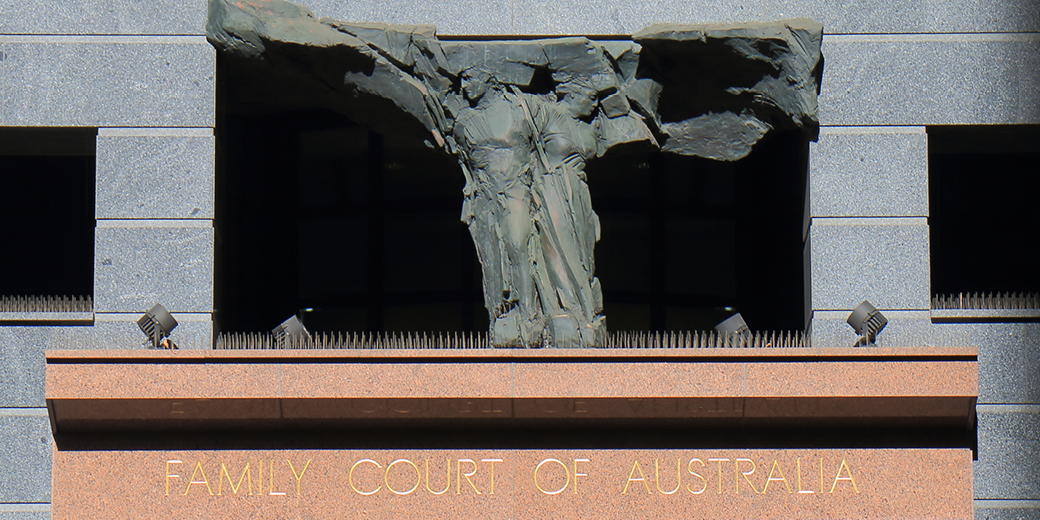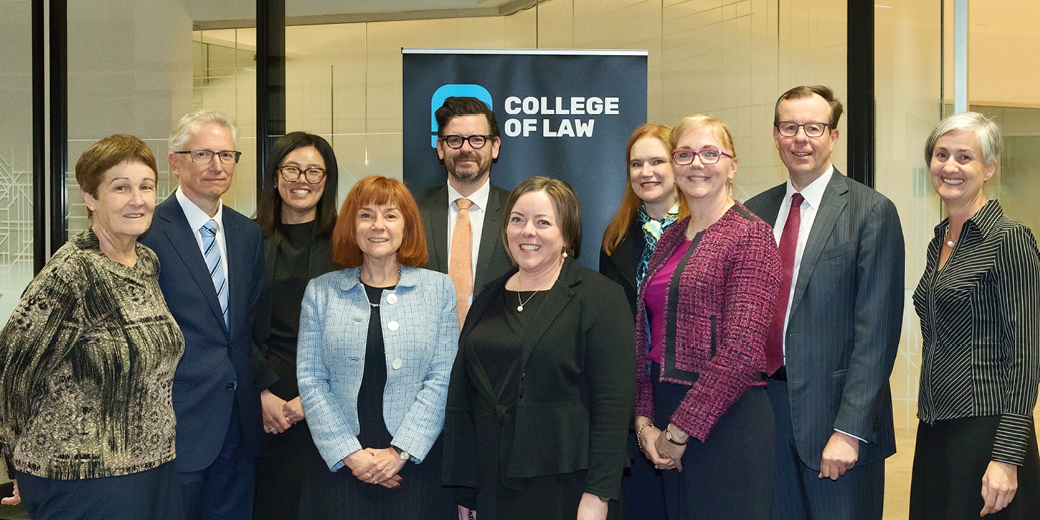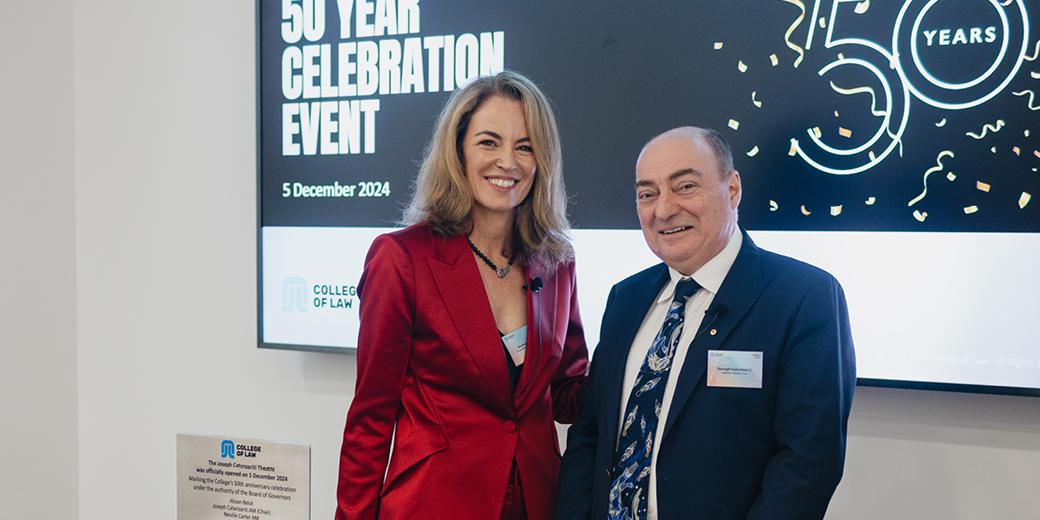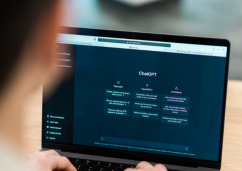Between Sam Altman being subpoenaed live onstage and OpenAI’s CFO suggesting that the federal government ‘backstop’ $1.4 trillion to support the yet-to-be-profitable startup’s data centre commitments, the EU’s new AI regulations, and MIT’s revelation that 95% of organisations are getting zero return on AI, despite a $30-40 billion enterprise investment into GenAI – it looks like AI is facing a reckoning.
Even Michael Burry, the trader who predicted the GFC (and shorted stocks accordingly, in a move made famous in the film, ‘The Big Short’), has bet against the apparently inevitable growth of GenAI, shorting AI giants like Nvidia and Palantir.
Amidst this, the Australian Government recently ruled out changing copyright law to allow AI to train its models on Australian creative work. We caught up with privacy, AI and tech lawyer Matthew Hodgkinson, AI regulation expert Raymond Sun, and bestselling author Wenee Yap to review these recent developments and assess what it may mean for Australia’s approach to AI.
What did the Attorney-General say?
“The Attorney-General Michelle Rowland confirmed that the Australian government won't introduce a copyright exemption for AI companies training their models on Australian creative works,” Raymond Sun says. “Such a carve-out was floated in the Productivity Commission's August report, but has been fiercely rejected by the creatives sector. And it's now also definitively ruled out by the government.”
While the government’s copyright and AI reference group considers whether our laws require a refresh, Sun noted: “the Attorney-General stressed that any changes would not include a carve-out for developers to train their systems on Australian works.”
How does Australia’s approach differ from other countries?
Australia’s position is distinct from the US approach, as Matthew Hodgkinson observes.
“Most famously, under a recent US case Kadrey v. Meta Platforms, Inc. (Kadrey) the court found that Meta’s use of copyrighted books constituted ‘fair use’ under US law, and that Meta’s training of the books did not result in a copy because, amongst other reasons, the actual work itself wasn’t ‘copied’ and could not be retrieved from the model,” Hodgkinson explains. “Similarly, in Bartz v. AnthropicPBC (Bartz) the court found that Claude.ai was akin to a human, which digested the books and then ‘transformed’ them into something different.”
Australia does not take the same expansive view, and instead operates under ‘copyright exceptions’.
“By contrast, the notion of ‘fair use’ is not a principle under Australian law,” Hodgkinson says.
“Instead, Australia has a set of copyright exceptions, including academia, research, news reporting, parody, or satire. Given the clear commercial use case of AI, it is unlikely that it would fall under these exceptions specifically, and the government’s position reflects an unwillingness to change that.”
Hodgkinson notes, Australian courts are generally a lot more willing to follow UK precedent than American precedent.
“The very recent UK case of Getty Images v Stability AI (Getty) effectively mirrored some of the findings in Kadrey and, to a lesser extent, Bartz – most notably, that no copy was made in the UK,” Hodgkinson says. “Therefore, there was no breach of copyright. However, Getty Images apparently withdrew additional claims about copying due to those activities occurring overseas, which could be relevant to whether ‘copying’ took place at all.”
This raises a quasi-existential question: does AI copy human work, and therefore is it in breach of copyright?
“The decision by the Australian Government not to include this exception in Australian copyright law is certainly a blow to AI companies (especially with the flagging of further consultation below), but it may not be terminal if the AI companies can establish that no relevant 'copy' was made of the copyrighted material through the training process,” Hodgkinson explains. “AI companies may also argue that any copying took place overseas (likely in the US under the ‘fair use’ exception) and was therefore not covered by Australian copyright, mirroring the position in Getty.”
Government announcement welcomed by creatives
While the courts ponder questions of copies, Australian creatives welcome the Australian government’s announcement.
“While AI can amplify your efforts at work, or as a business owner, it shouldn’t come at the expense of human creativity,” Wenee Yap, bestselling author of Riding the Unicorn: The Startup Guide You’ll Want to Read, and Director of AI Literacy at 43° Below, says.
“Training AI carte blanche on millions of creative works – from art, to books, to photography and video – risks cannibalising what makes us human, simply for an imitation of life. After all, GenAI doesn’t ‘think’ – it’s effectively a highly sophisticated probability machine. It’s guessing what you want to hear. It isn’t inventing. It is the opposite of creativity – it is purely an imitation game. But the act of creating is actually what helps us learn, innovate, and elevate our world and our lives.”
Effective AI regulation, such as the refusal to provide a copyright exception for AI, can channel AI towards doing work that doesn’t bring us joy, Wenee points out.
“Things like due diligence or contract review — instead of robbing us of what we love most. That’s what good lawmaking looks like. We have a chance, right now, to make good laws informed by a clear understanding of what AI can and can’t do, and most importantly, what it should do to serve us as human users.”
Consultation process to ensure IP owners are ‘fairly remunerated’
In the announcement around the refusal of the AI exception, Attorney General Michelle Rowland also flagged a consultation process to ensure IP owners are “fairly remunerated” for their work. This will occur through the Government’s Copyright and AI Reference Group.
As Hodgkinson explained, the reforms could potentially include the following:
- The implementation of either a collective licensing framework or a voluntary licensing framework. These frameworks would incentivise creators and provide a return for their work. A voluntary licensing framework may allow providers to “opt in” to AI training and to be remunerated as a result. This would encourage creators to monetise their products through a government-run licensing system;
- A copyright small claims forum for small-scale copyright disputes. Given AI’s exponential growth, it is likely that the amount of copyright claims will increase markedly as well; and
- Increased clarity for both creatives and AI firms about what is allowed under the legislation.
“Rowland has stated that the government understands the speed at which the industry is developing and intends to implement these initiatives ‘expeditiously’ but in an ‘informed way’,” Hodgkinson says.
The reaction has been quite different in the UK, with the UK Labour Government taking a much more AI-friendly approach Hodgkinson observes.
“While initially pushing for an AI-based extension for the existing data-mining exception in the UK’s copyright legislation, the Labour government eventually walked back the position in the new Data (Use and Access) Bill,” Hodgkinson says.
“The Labour government’s position also appears to be somewhat influenced by its relationship with Donald Trump’s United States and his attempts at pushing the interests of American AI companies. It is to be seen whether the lobbying efforts of creatives will have much impact on these plans in the UK, or whether Trump’s recent meeting with Anthony Albanese will have a similar impact on Australian policy.”
It’s not the first time Australia has stood up to Big Tech
Remember that week back in 2021 when Facebook stopped sharing news? It was the result of a standoff between Facebook and the Australian Government, as we waded into the deep waters where many before had tried – and failed – to force social media giants to pay for news shared on its platform. While a deal was eventually brokered, it marked a high point in Australia’s willingness to defend its local industries.
“The Labor Government has verbally supported creatives in Australia a lot more forcefully than in the UK and the United States, as per the Attorney General’s recent statements,” Hodgkinson says.
The Tech Council of Australia’s lobbying efforts have largely been ineffectual Hodgkinson notes, and with Donald Trump not overly interested in the Australian market and Australia more generally, Labor clearly sees significant electoral advantage to siding with the homegrown creative industry on this issue.
“The social media ban is a similar situation – Labor sees broad political advantages in their domestic electorate to fighting back against American Big Tech,” Hodgkinson says. “With regard to social media, the various social media companies have, over the last few years, been heavily supporting right-wing causes, so it is also a matter of political survival.”
“However, as with the social media laws, the implementation is incredibly difficult. The limitations of extra-territoriality with regard to copyright law are one issue, along with the difficulty in satisfying all stakeholders and preserving livelihoods. Trump’s USA is also a big factor, and any legislation may need to be seen through the lens of foreign affairs as well as domestic concerns.”
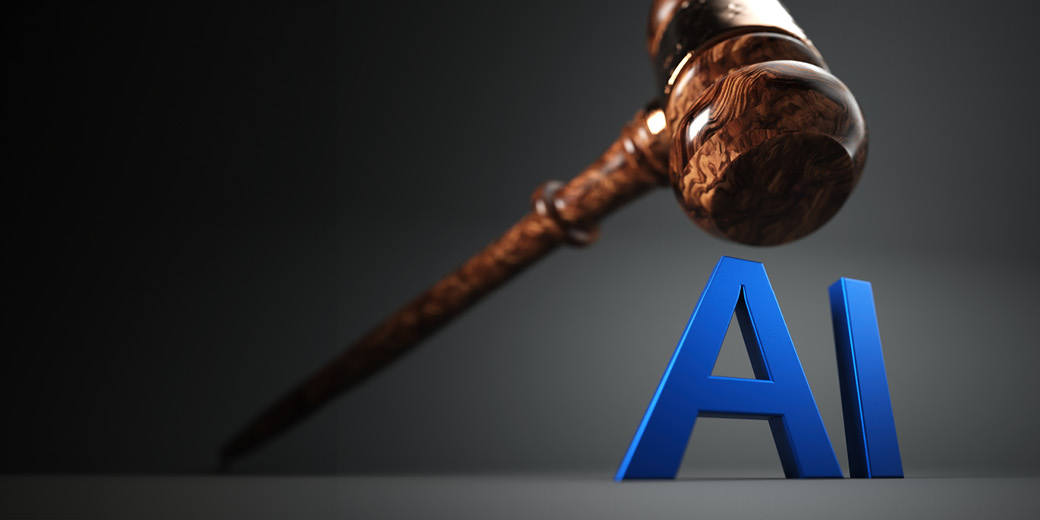






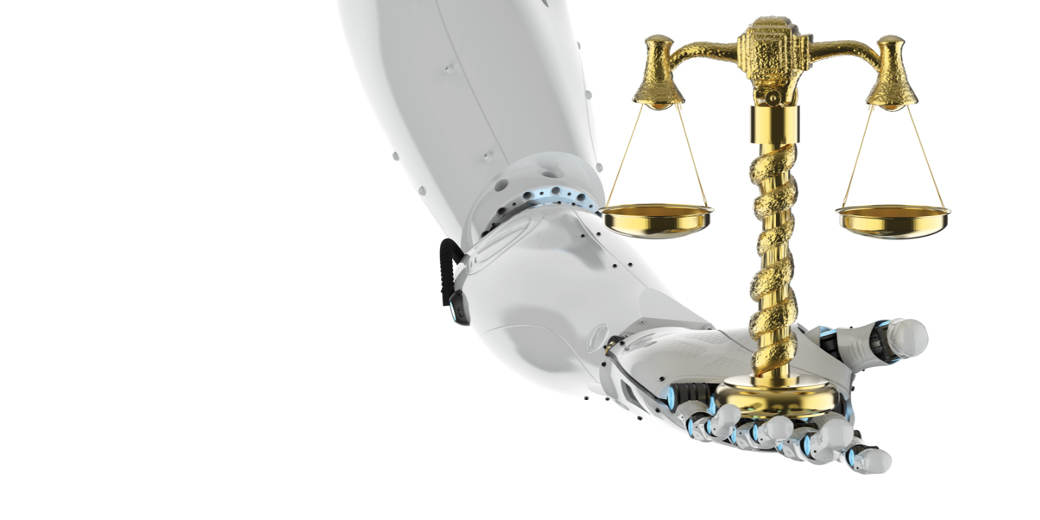
![How to handle Direct Speech after Gan v Xie [2023] NSWCA 163](https://images4.cmp.optimizely.com/assets/Lawyer+Up+direct+speech+in+drafting+NSW+legislation+OCT232.jpg/Zz1hNDU4YzQyMjQzNzkxMWVmYjFlNGY2ODk3ZWMxNzE0Mw==)


















